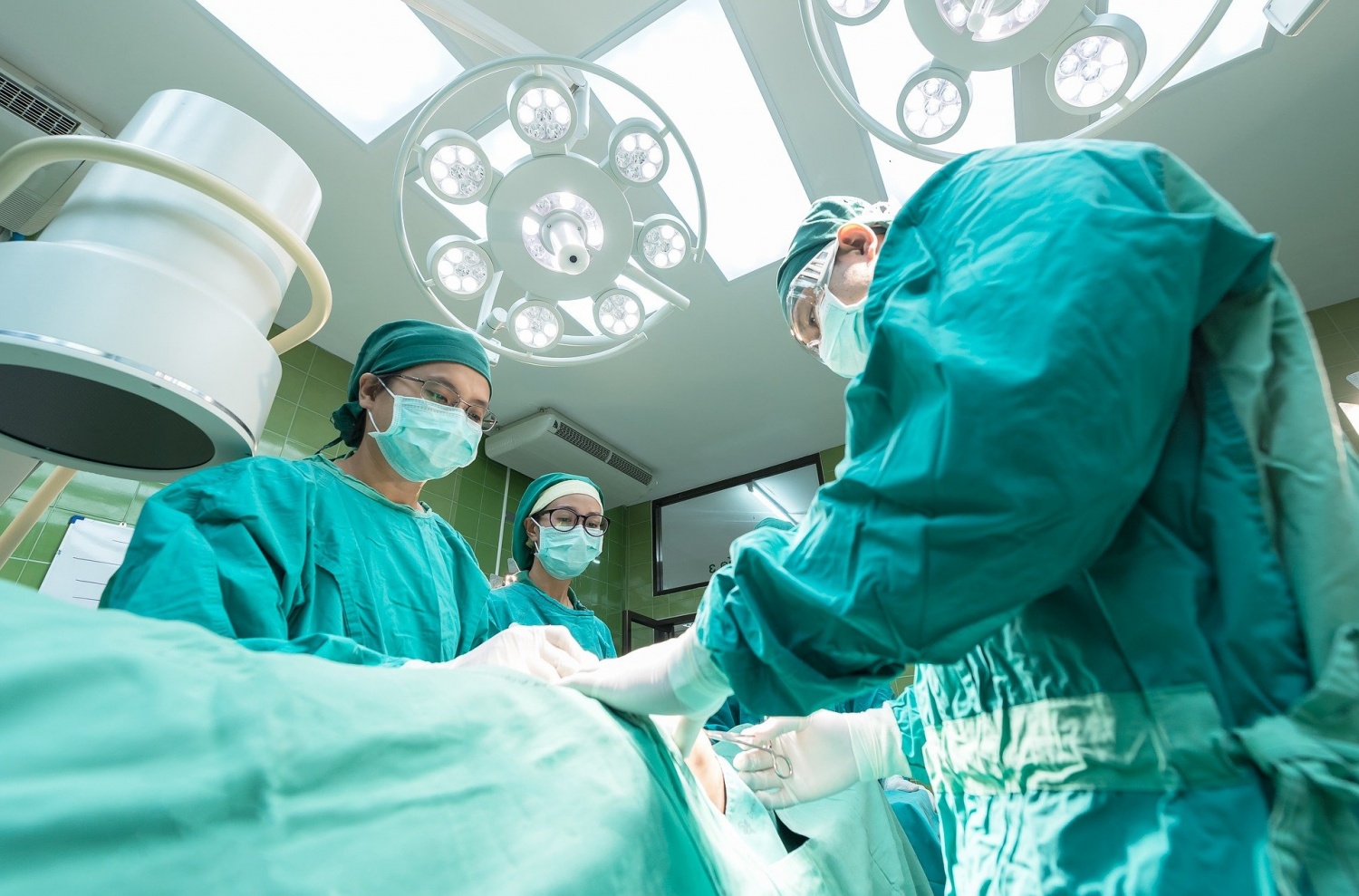Drugs/Therapy
Basic Features of A Surgical Unit

(Photo : Pixabay)
The world would be a perfect place if all of us could control all fatal accidents and life-threatening illnesses. Unfortunately, human nature faces all these terrible experiences that result in destinations that almost no one likes- the hospital beds. Whether it's you or your loved ones who end up here, you may require a surgical unit. There are crucial aspects that you should watch out for to be on the safe side. Surgical units are rooms where there is the provision of care for prior and post-surgical patients. You don't want a place that will slow your recovery process or, worse, make you even sicker than before. So, what are these characteristics that an ideal surgical unit possesses? Let's get things underway!
1. Maximum cleanliness
Controlling the spread of infections in every environment and setting is essential, but it is even more crucial to have a clean medical surrounding. Not only should a surgical room be spotless but also all the facilities inside. People who have undergone or are waiting for surgery are mostly venerable to the spread of deadly infections. Healthcare-Associated Infections (HCAI) are infections that one may contact in a healthcare setting. They include Escherichia coli, methicillin-sensitive Staphylococcus aureus, and methicillin-resistant Staphylococcus aureus. The hospital should make sure the infection control procedures and standards are adhered to.
2. Spacious rooms
An ample room size of a minimum of 800 square feet (74.3m2) is a necessary factor. It should be able to accommodate the relevant machinery needed in the surgical room. Not only should the equipment fit, but also have a systematic positioning to enable a quick conversion to a standard surgery if circumstances demand. The surgeon, anesthesia, and nursing team should have enough space to carry out their functions.
3. Proper airflow
There should be adequate ventilation in surgery rooms. During the surgical process, there is a risk of exposure to the process, skin scales, respiratory aerosols filled with bacteria and dust particles into the theatre's air. The apparatus used in the whole procedure may also be contaminated. To reduce the risk of infectious illnesses, a heating, air-conditioning ventilation system (HVAC) is essential. Not only does it levelize the temperature and humidity concentration, but it also ensures the control of micro-organisms, and pollutants to a less harmful state.
4. Sufficient power
All-time electricity should be a determinant factor before deciding to trust a particular medical facility. The power supply should be available, and if a blackout occurs, automatic generators should come in handy. You don't want darkness while you're trying to recover. Enough light should also be present for the surgical doctors and their teams for easy performance of their medical duties.
5. General Equipment
There are significant devices that shouldn't miss in an operating room. They include oxygen supply and analyzer, resuscitation carts, anesthesia apparatus, radiation protection, blood warmers, b blood bank access, echocardiographic machine, and syringe pumps. It should not have awkwardly less equipment.
Not everyone is a doctor. However, you don't need to be a genius or a medical student to suspect a disreputable hospital or surgical room. You can perform thorough research or ask friends or family for their experiences and opinions concerning a trustworthy medical institution.
* This is a contributed article and this content does not necessarily represent the views of counselheal.com









Join the Conversation